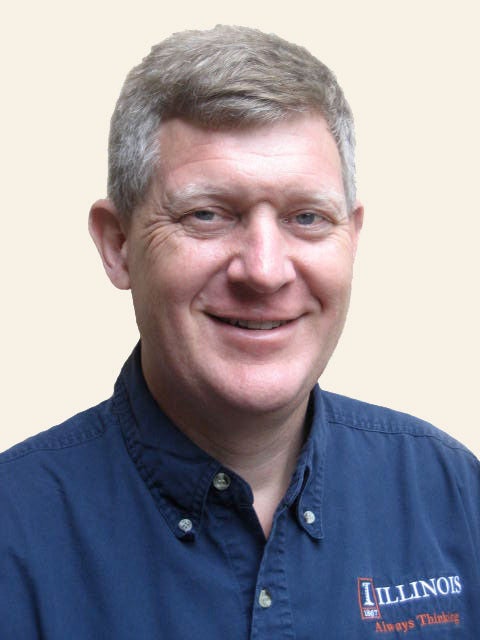Two-day Accessibility Training Workshop by Dr. Gunderson (Part 1)
UIC Accessibility Liaison Training
May 14, 2024
9:00 AM - 3:00 PM
Location
UIC Richard J. Daley Library, Room #1-470
Address
801 S Morgan St., Chicago, IL 60607
Cost
Free for Accessibility Liaisons
Calendar
Download iCal FileBuilding an inclusive online learning environment requires understanding the experience of people with disabilities using the web. The four sessions in this workshop provide a foundation for understanding the diverse ways people with disabilities use the web and the technologies and practices to provide equitable access.
Participating in the workshop will provide important context for understanding the requirements of the W3C Web Content Accessibility Guidelines (WCAG), which is the basis of accessibility standards. Without the experiential context, many of the WCAG requirements are often misunderstood, leading to wasted time by content creators and inaccessible content for users.
The first two sessions are more experiential than technical, so people without technical skills can fully participate. The ARIA sessions are more technical and more appropriate for people with skills in designing, coding, and testing websites.
For more details about the workshop session, please visit the UIC Accessibility Liaison Workshop page.
Day 1 - Session 1: The Experience of Disability
This session is designed to help participants understand how people with disabilities use web technologies, the organization of the W3C Web Content Accessibility Guidelines, concepts of Universal Design, and the availability of built-in operating system accessibility features. A disability simulation using the Trace Center TUSK kit provides a way for participants to temporarily experience a particular disability to complete a web-based task. As part of the disability simulation exercise participants will enable some of the built-in operating system accessibility features. An overview of how WCAG guidelines are organized, highlighting the level A and AA requirements as the basis for U.S. Section 508 and other international accessibility standards.
Duration
- 90 minutes
Who will benefit
- Anyone with experience using the web
Learning Objectives
- Demographics of disability and aging
- Understanding the organization of the W3C Web Content Accessibility Guidelines (WCAG)
- Understanding operating system accessibility features
- Understanding how to use a web browser with only the keyboard
- Universal Design Principles and Plus-One learning
Day 2 - Session 2: Structure, Links, Images, Media and Web Editors
This session will introduce the operation of screen readers used by people who are blind in accessing online content. The session will highlight how landmark regions identify the groups of content on a web page and how headings indicate the content structure, making it possible for screen reader users to understand the content of a web page and find content of interest to them. The session will demonstrate the importance of making link text meaningful for screen reader users to decide when to follow a link. Images are an important way to communicate information and this session will discuss how to describe images based on how the author is using them. People with hearing impairments need to have captions for videos to understand the audio information and for people who cannot see the video the a need for audio descriptions to understand the visual content. Image descriptions, captions, and audio descriptions are examples of the "+1" teaching strategy defined in Thomas Tobin's book "Reach Everyone, Teach Everyone", just like curb cuts help more than people in wheelchairs, the use of descriptions and captions makes content more usable to everyone. The session will conclude with a discussion of web editors and their impact on making web content more accessible.
Duration
- 120 minutes (with 10 minute break)
Who will benefit
- Anyone with experience using the web
Learning Objectives
- Importance of landmarks and headings
- Effective link text
- Describing images
- Captioning videos
- Audio descriptions for videos
- Navigation features of screen readers
- How web editors impact creating accessible content
Date posted
Mar 27, 2024
Date updated
Apr 18, 2024
Speakers
